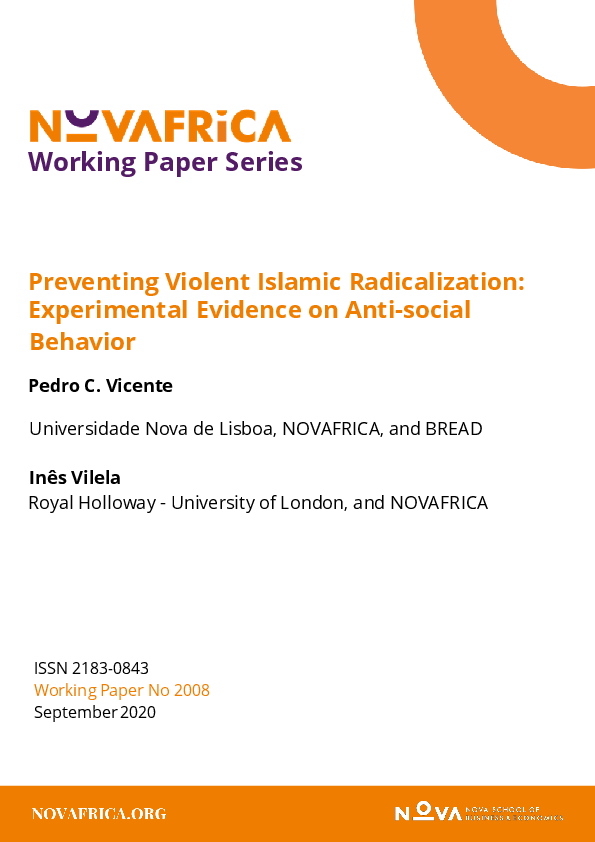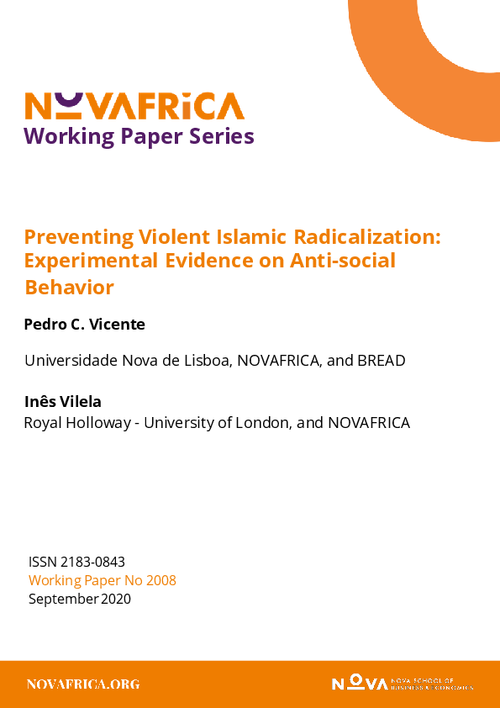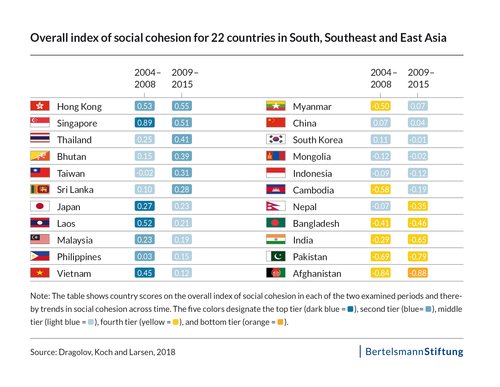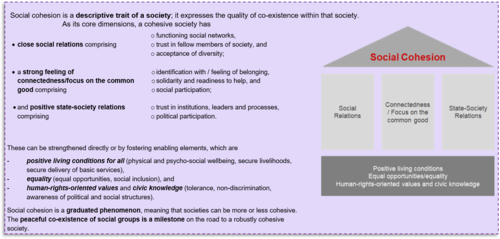Back to Results
Preventing violent Islamic radicalization: Behavioral evidence from northern Mozambique
Key facts
Type of publication
Working paper
Elements of social cohesion
Cooperation
Trust
Trust
Geographical focus
Mozambique
Main thematic areas
Conflict & peacebuilding
Youth
Youth
Summary
Violence perpetrated by radicalized Muslims is a major problem around the world. We collaborated with the main Islamic authority in Mozambique, which sponsored two randomized interventions to prevent violence related to youth radicalization: a religious campaign against extremist views of Islam, targeting change in beliefs; and a training module on entrepreneurship and employment, aiming to increase the opportunity cost of conflict. Our measurement focuses on anti-social behavior in a Joy-of-destruction lab game. We find that only the religious treatment decreased the propensity to destroy payoffs of others. Consistently, surveys show increased trust in state and decreased support for extremism.

Download
Explore the hub further

Concept
Research Institute Social Cohesion (RISC) - Forschungsinstitut Gesellschaftlicher Zusammenhalt (FGZ)

Library


